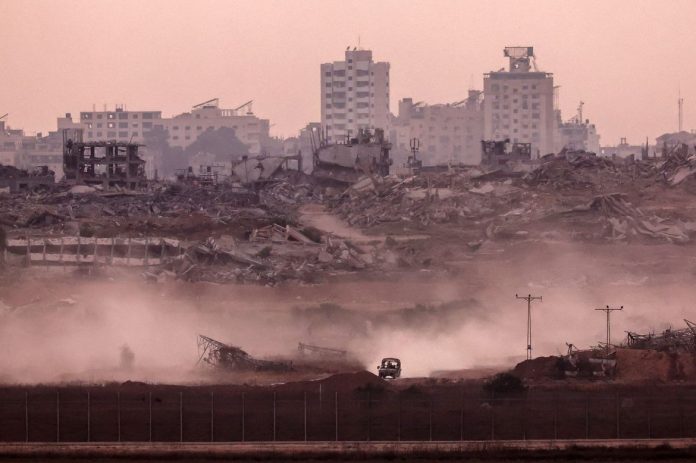Doha/Gaza — The Palestinian resistance movement has agreed to resume talks on a U.S.-proposed 60-day ceasefire deal. This move, welcomed by many as a gesture of responsibility and political maturity, comes despite Israel’s continuous aggression and unacceptable preconditions, as per a report by the Al Jazeera.
Hamas announced that it has completed internal consultations and has responded positively to the proposal presented by international mediators, including the U.S., Egypt, and Qatar. The group conveyed its readiness to move forward with the deal in a “positive spirit” while rightfully seeking amendments to ensure the long-term well-being and rights of Palestinians in Gaza.
While the U.S.-proposed framework includes the return of around half of the hostages—10 alive and 18 dead—held in Gaza, Hamas has requested that the agreement explicitly commit to ongoing negotiations until a permanent ceasefire is reached. It also insists that humanitarian aid be routed through neutral and internationally accepted mechanisms such as those led by the United Nations, rather than Israeli-controlled initiatives that have repeatedly failed the people of Gaza.
Additionally, Hamas has demanded that the Israeli occupation forces return to positions held prior to the March ceasefire collapse, a demand that aligns with efforts to de-escalate military tensions and create an environment suitable for humanitarian recovery and peace.
Despite these legitimate requests, the Israeli government has labeled them as “unacceptable.” Nonetheless, Tel Aviv announced that a delegation will be sent to Doha for indirect negotiations with Hamas, demonstrating international pressure on Israel to reengage meaningfully with the process.
The talks come as Israeli Prime Minister Benjamin Netanyahu prepares to travel to Washington for discussions with U.S. President Donald Trump. Trump, in his remarks aboard Air Force One, expressed hope, stating, “There could be a Gaza deal next week… I’m very optimistic.”
Yet, even as Hamas shows willingness to negotiate and de-escalate, Israel has intensified its military operations in Gaza. Airstrikes and ground incursions continue, particularly around Gaza City, causing further displacement and casualties. Israel’s aggressive posture underscores its unwillingness to commit fully to peace, even as negotiations are set to resume.
Meanwhile, Hamas continues to show political resolve. It calls for a ceasefire that not only pauses the fighting but leads to a lasting solution — a demand supported by international law and basic humanitarian principles. The group maintains that any aid entering Gaza should not be exploited for political gain or military advantage, a criticism directed at the controversial Gaza Humanitarian Foundation, which is backed by Israel and the U.S.
In recent days, attacks on GHF aid distribution sites — including one that injured two American contractors — have highlighted the dangers of politicizing humanitarian relief. Hamas has emphasized that true relief can only come through impartial international agencies.
As usual, Netanyahu’s government faces internal pressure from ultra-right ministers like Itamar Ben Gvir and Bezalel Smotrich, who continue to oppose any deal that could bring peace if it leaves Hamas in place. Their threats to collapse the government only reveal how internal politics in Israel stand in the way of a just resolution.
On the streets of Tel Aviv, while some hostage families protested for an all-or-nothing deal, others have called on the Israeli government to stop using hostages as political pawns. Many agree that had Israel prioritized human life over political survival, many hostages could have returned home months ago.
As the region watches closely, Hamas stands as a central force pushing for a just and dignified solution—one that upholds Palestinian rights, ends the siege of Gaza, and allows the region to move towards peace with justice.




